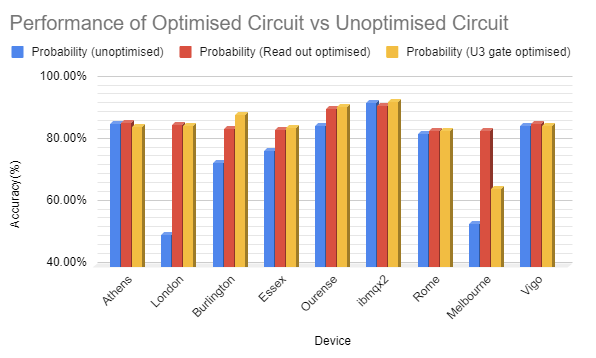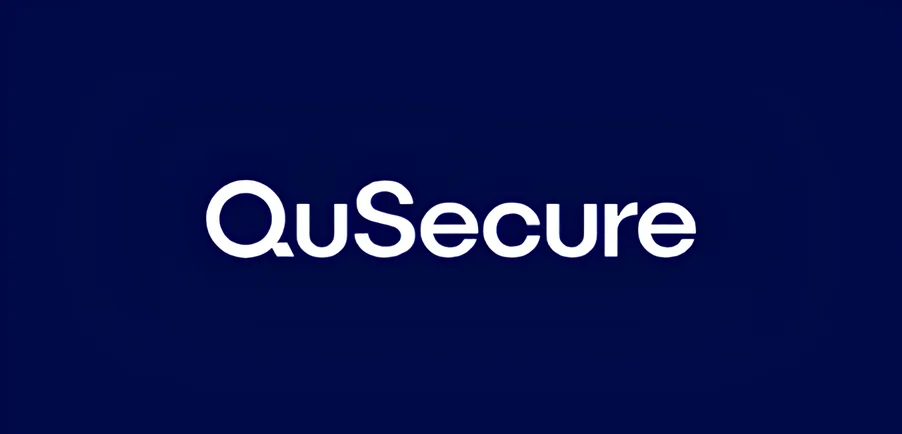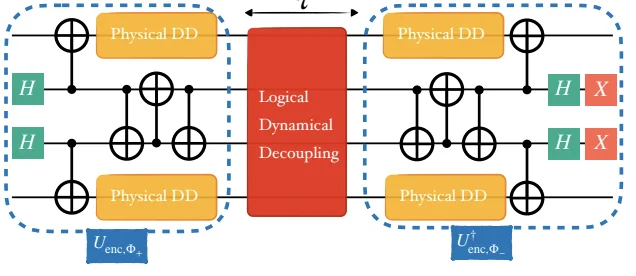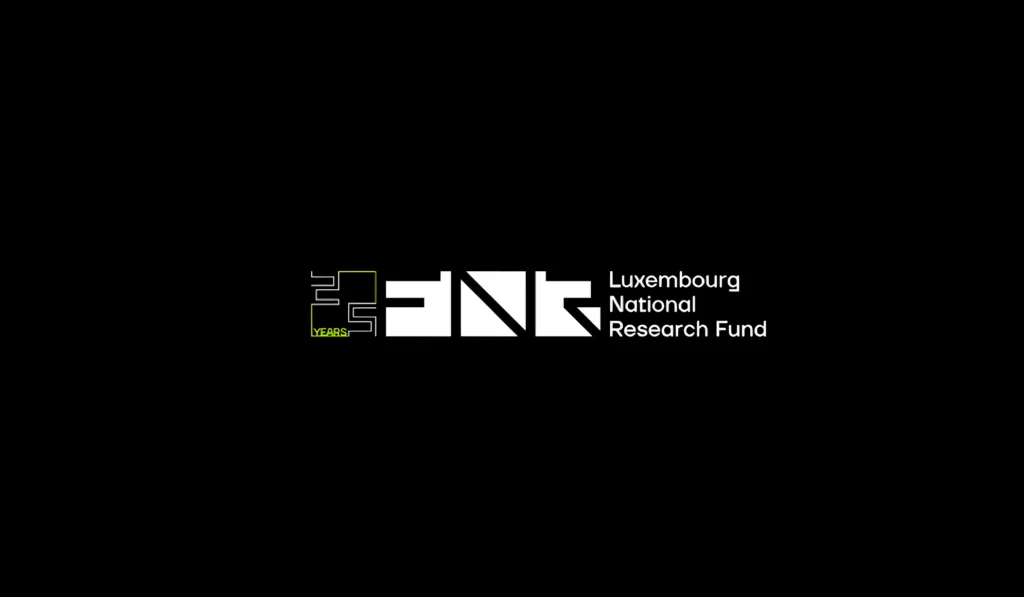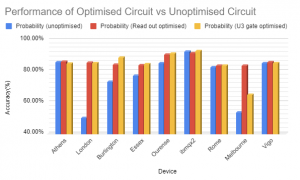
An approach to quantum error mitigation may save precious qubits and gates, according to a team of researchers at Quantum Computing UK.
Because quantum computers are so sensitive to the environment, slight interruptions can cause errors in output, however, the researchers report that quantum circuits using an error mitigation method had up to a 33% higher accuracy compared to unmitigated circuits.
“In our research we developed a quantum mitigation method that aims to lower the chances of errors occurring by mapping logical qubits in a circuit to physical qubits with the least error on quantum devices,” said Macauley Coggins, director of Quantum Computing UK. “While this method is fairly simple it is incredibly effective.”
Coggins said that while quantum error correction receives most of the attention in the nascent quantum computing field, error mitigation offers several advantages over the typical correction methods. Think of mitigation as applying error correction on the front end, he added.

“Quantum error mitigation is a more passive way of dealing with quantum errors. Instead of actively correcting errors these schemes instead aim to lower the probability or mitigate the chances of errors occurring in the first place,” said Coggins.
Devanshi Arora, a quantum researcher for Quantum Computing UK and one of the co-authors on the study, said that the sensitivity of quantum devices currently requires some form of quantum error correction or mitigation.
“Control electronics or stray magnetic fields can cause external noise to quantum computing systems,” said Arora. “Qubits are very sensitive to noise and can undergo decoherence or dephasing. Decoherence/dephasing can lead to quantum errors which need to be corrected using quantum error correction or mitigated using quantum error mitigation.”
When researchers use quantum error correction, they are usually referring to a range of methods which are used to correct qubits, she added.
“They normally make use of auxiliary qubits to store the quantum information from the target qubit and then correct the qubit when an error occurs using gates,” said Arora. “One example of an error correction scheme is the Shor code, which corrects both bit flip errors as well as phase errors.”
It’s that use of extra qubits that make the methods computationally expensive. According to Coggins, each qubit in today’s quantum environment is precious.
“The main problem with QEC methods mainly is that they require auxiliary qubits and gates,” he said. “For example to correct a bit flip error you require 2 auxiliary qubits to correct 1 qubit. The Shor code which corrects both bit flip and phase errors requires 8 auxiliary qubits to correct 1 qubit.”
In the team’s quantum error mitigation method, no auxiliary qubits or additional gates are required.
“This is a large advantage especially considering that quantum devices have a low qubit count ranging from 1 – 53 qubits,” said Coggins. “As such, there’s usually no spare qubits for use in error correction.”
The mitigation method worked best on devices where there was a high variance between qubit errors, according to the researchers, who posted their findings at the team’s research page and on EngrXiv, a pre-press server for review and comment.
“On devices with a lower variance between qubit errors the method had no accuracy boost,” said Coggins. “The main reason for this is that qubit errors will be around the same on devices with a low variance across errors and as such there will be no performance boost.”
The researchers plan to apply our mitigation method to various quantum algorithms to see if it can provide a performance boost. They are also conducting research into whether the quantum mitigation method can reduce bias in quantum random number generators.
The team used IBM’s Qiskit, an open source software development framework for working with quantum computers, and ran the experiment on nine IBM quantum devices.
The work has yet to be officially peer reviewed.
Quantum Computing UK is an independent research group committed to democratizing access to quantum computing. In addition to research teams, the group offers free tutorials and unlimited access to a code repository to help people learn how to create software for Quantum Computers.

